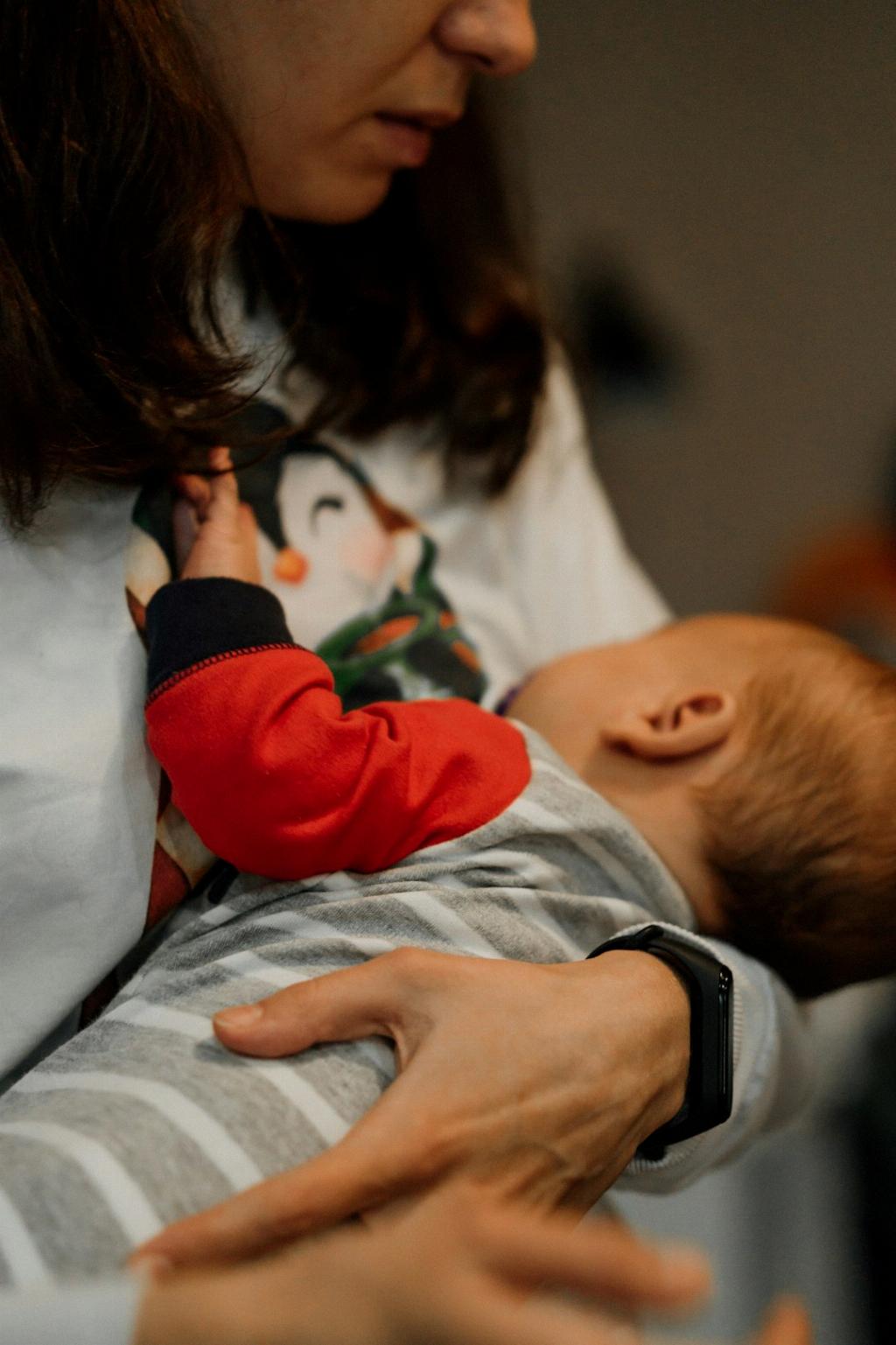When it comes to introducing new foods or beverages to babies, especially those under the age of one, it is crucial to consider various factors to ensure their safety and well-being. One common question that often arises is whether hibiscus, known for its potential health benefits, is safe for babies to consume.
Hibiscus is a flowering plant that is often used to make teas, juices, and supplements due to its rich antioxidant and anthocyanin content. These compounds have been linked to a range of health benefits, including anti-inflammatory, anti-carcinogenic, and anti-diabetic properties.
While hibiscus may offer these health benefits for adults, it is important to exercise caution when considering its consumption for babies, especially those younger than 12 months old. The primary concern with giving hibiscus to infants is the potential risk of displacing essential nutrition from breast milk, formula, or other primary sources of sustenance.
During the first year of life, babies have very specific nutritional needs to support their rapid growth and development. Introducing foods or beverages that do not provide adequate nourishment or that may interfere with nutrient absorption could potentially have negative consequences on the baby’s health.
Another aspect to consider when evaluating the safety of hibiscus for babies is the potential allergenicity of the plant. Hibiscus is not a common allergen, but there is always a risk that a baby could have an allergic reaction to it, especially if there is a family history of allergies.
When introducing new foods or beverages to babies, it is recommended to do so gradually and one at a time to monitor for any adverse reactions. This approach allows parents to identify and address any potential allergies or digestive issues that may arise from consuming hibiscus or any other new food.
Furthermore, it is essential to consider the form in which hibiscus is being consumed by the baby. While hibiscus tea or juice may be popular choices for adults, these beverages can be too strong or acidic for a baby’s delicate digestive system.
Some parents may opt to include hibiscus as part of homemade baby food recipes, where the plant is cooked or diluted to reduce its intensity. This approach can help mitigate the potential risks associated with giving hibiscus to babies by making it more gentle on their stomachs.
Consulting with a pediatrician or healthcare provider before introducing hibiscus to a baby is always advisable. These professionals can offer personalized guidance based on the baby’s individual health status, dietary needs, and any potential risk factors that may impact the safety of consuming hibiscus.
In conclusion, while hibiscus may offer various health benefits for adults, caution should be exercised when considering its safety for babies, particularly those under 12 months of age. Parents should prioritize their baby’s nutritional needs and consult with healthcare professionals to make informed decisions about introducing new foods and beverages, including hibiscus, into their baby’s diet.

